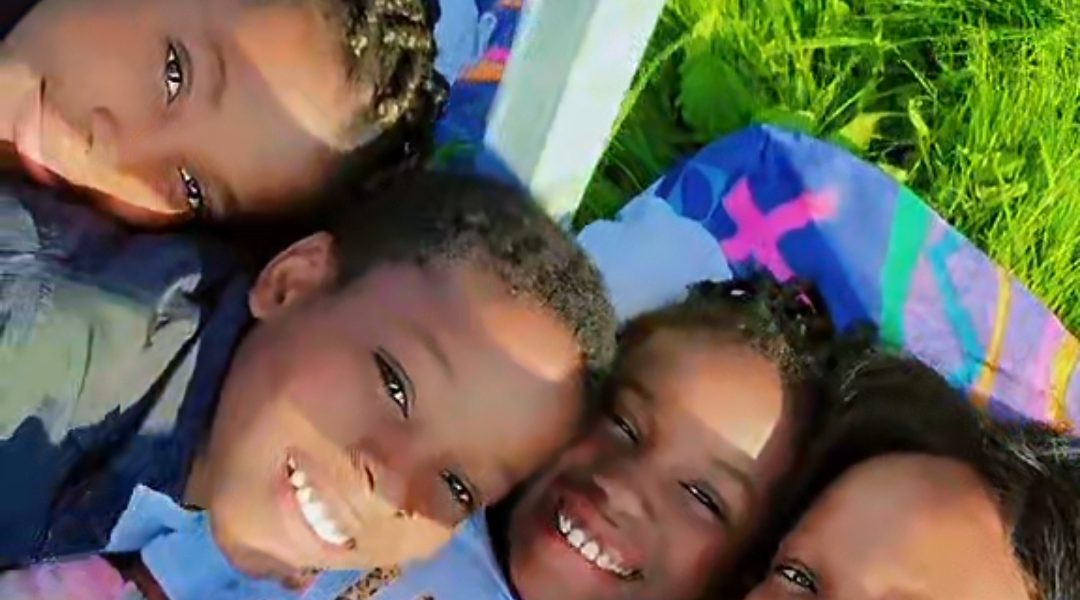A TikTok memory brought this video back, and it stirred some thoughts I’d like to share.
Around this time each year, in the past few years, our home is usually full of excitement for summer activities, especially our family picnic. I don’t come up with the ideas, my little trio handles it. They happily plan everything and can’t wait to go outside and soak up the sunshine. They love nature, playing games, and running around. Outdoor activities thrill them. Every year, they even make a timetable of fun things to do during the summer.
Fast forward this year, and it’s a different story.
The same children who once dragged us outside now prefer staying indoors, creating and enjoying indoor fun. Picnics? No interest. Birthday parties? No way, unless the celebrant is their age mate or older. Summer camps? They’d rather sleep at home during the period. Even bike rides that used to be their favourite activity no longer appeal. “It just doesn’t excite me anymore,” they say.
Kaima, who used to enjoy getting her hair done with extensions, now opts for natural braids. “It’s too much stress to braid and take down,” she explains.
They suddenly begin to lose interest in some things and start guarding their appearance, personality, and sense of self more closely. They enjoy staying indoors and finding fun in the home space.
At first, I was worried, but after a conversation with them, I came to understand that it’s the natural shift that comes with teenage age. By the way, the changes are only evident in Kaima and Chiboy. Chizzy remains extrovert, always looking for where to go and what will engage her outside.
As parents, it’s easy to misinterpret these changes as moodiness, disinterest, or even defiance. But there’s a deeper truth, teenagers are evolving, biologically and emotionally. The prefrontal cortex, the part of the brain responsible for decision-making, impulse control, and reasoning, is just beginning to develop during these years. That explains the sudden changes in interests, emotions, and behaviours. We were not fortunate to grow up in an era of such awareness, which is why our parents often resorted to name-calling and even mistreatment.
Now, I simply observe, guide, and give them space to grow. I remind myself that this is just a phase, a necessary one. I give it few more years. By then, they’ll return with new interests, maybe even a renewed love for the things they once disliked.
A Note to Fellow Parents of Teenagers.
This stage comes with shifts, some gradual, others abrupt. You might notice your teen losing interest in old hobbies or questioning long-held preferences or acting weird. That’s normal.
So what can we do?
Be patient.
Be alert.
Stay informed.
Create space for dialogue.
Guide them gently.
Create warm ways to fill the gap.
Above all, enjoy the journey.
Teenage years, though challenging, are full of transformation, and if we embrace the process, we’ll find growth in ourselves too and fulfilment at last.
✍️ Amara Ann Unachukwu


